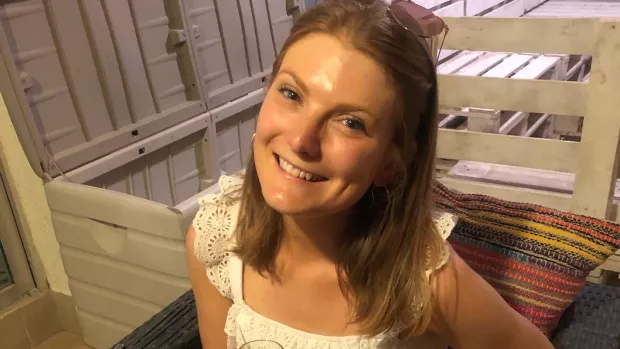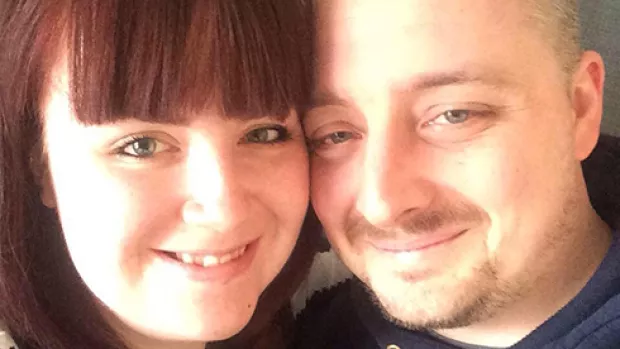
Writing a novel allowed me to explore my MS
I recently finished a doctorate in creative writing. It explores the relationship between object and illness, with specific reference to multiple sclerosis.
For the creative element of my doctorate I’ve written a novel that’s narrated by an object: a copy of Muriel Spark’s book, The Prime of Miss Jean Brodie.
The idea for my novel, 'Brodie', came fourteen years ago during a period of bedrest, not long after I was diagnosed with MS.
My MS diagnosis and a shift in perspective
Friends and family didn’t really know how to react to my sudden change in circumstances.
When they visited, they’d arrive in the bedroom with flowers, bunch upon bunch of beautiful flowers, and wide smiles fixed in place. When our conversation ran dry, they’d head for the kitchen where my husband would make them tea, coffee, or something stronger.
In those first few weeks, it was as though there was permanently a party going on in some other part of my house.
As folks went downstairs, I’d hear the beginnings of conversations and would have to imagine the rest.
It was then I had the idea for a story told from the point of view of a narrator that’s an object. The narrator has every sense and faculty, lacking merely the ability to move at will.
A way of exploring my life with MS
I was excited to tell a story that would allow me to explore this feeling I had of being simultaneously present and absent and other things too, that I was learning about my life with MS.
The invisibility cloak of illness and the opportunities it affords for eavesdropping. The lack of freedom in medical settings – to choose where you are, who you’re with, what’s done to you.
I could explore the sense of being trapped – in a bed, a bedroom, a house. The altered quality of time, and the sense of loss that can accompany the sudden onset of serious illness.
My favourite writer is Muriel Spark and Brodie is a bit of a love letter to her. I wanted it to be playful and to lean into her dark sense of humour.
My narrator passes through hands and lives
My novel Brodie begins in the spring of 1988 as Sandra Galbraith runs her long, curious fingers over a tightly-packed bookshelf. She's on a quest to find the perfect gift for her niece, Violet, and plucks my narrator Brodie, a pristine new copy of The Prime of Miss Jean Brodie from a cluster of identikit books.
Brodie adores Violet and is devastated when her brother, Thomas, steals his sister's treasured book to give to his disinterested love interest. On the thirty-year journey that follows, Brodie passes through hands and lives and is witness to death, sex, and a wicked stepmother.
As with The Prime of Miss Jean Brodie, betrayal threads through my novel, but it’s Brodie’s longing to return to Violet that drives the story.
In the spring of 2018, Violet’s estranged niece finds Brodie in a charity shop. She reads Sandra’s inscription, tracks down her aunt and takes Brodie home to Violet.
Sending my book out into the world
Writing my novel allowed me to immerse myself in a project I loved, which was a great distraction from my nerve pain. I also had a lot of fun. Whether it was squeezing Brodie into tight spaces, to mirror my experience of an MRI scanner, or having my narrator overhear tantalising secrets while hidden in plain sight.
For most of the story Brodie is desperate to return to Violet and life before. But by the end Brodie has begun to appreciate and enjoy life as it is now, which perhaps mirrors something of my own journey.
I was signed by Liverpool Literary Agency in December and my agent, Clare, is sending Brodie out to publishers. So fingers crossed my book might one day find its way out into the world.



